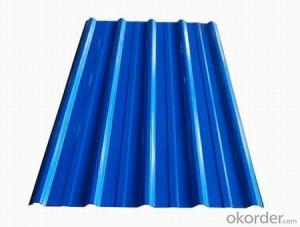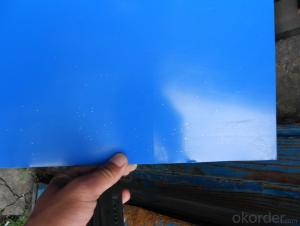PPGI Galvanized Steel Coil Galvalume Coil Corrugated Roofing Sheet
- Loading Port:
- Tianjin
- Payment Terms:
- TT or LC
- Min Order Qty:
- 25 m.t.
- Supply Capability:
- 50000 m.t./month
OKorder Service Pledge
OKorder Financial Service
You Might Also Like
PPGI Galvanized Steel Coil Galvalume Coil sheet
1.Application
Construction | Outside | Workshop, agricultural warehouse, roof panel, wall panel in steel structure in warehouse,corrugated roof, roller shutter door, rainwater drainage pipe, retailer booth |
Inside | factories exhibition hall,doorcase, light steel roof structure, folding screen, elevator, stairway | |
Electrical appliance | Refrigerator, washer, switch cabinet, instrument cabinet, air conditioning, micro-wave oven, bread maker | |
Furniture | Central heating slice, lampshade, chifforobe, desk, bed, locker, bookshelf | |
Carrying trade | Exterior decoration of auto and train, clapboard, container, isolation lairage, isolation board | |
Others | Writing panel, garbage can, billboard, timekeeper, typewriter, instrument panel, weight sensor, photographic equipment | |
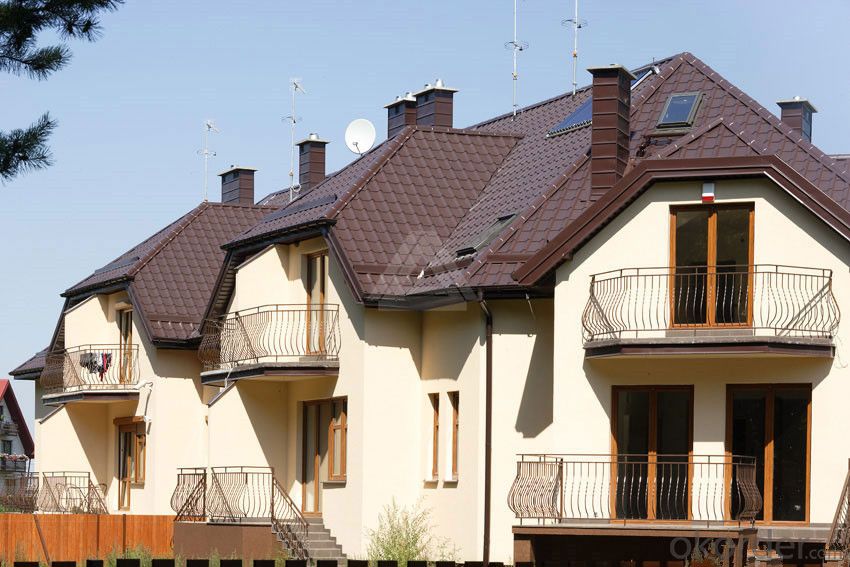
2.Features
With excellent cold-rolling steel strips as base material, it has the advantages of
* Good manufacturing performance
* High impact resistance
* Uniform plating thickness
* High adhesive force
* No peeling after forming
* High corrosion resistance
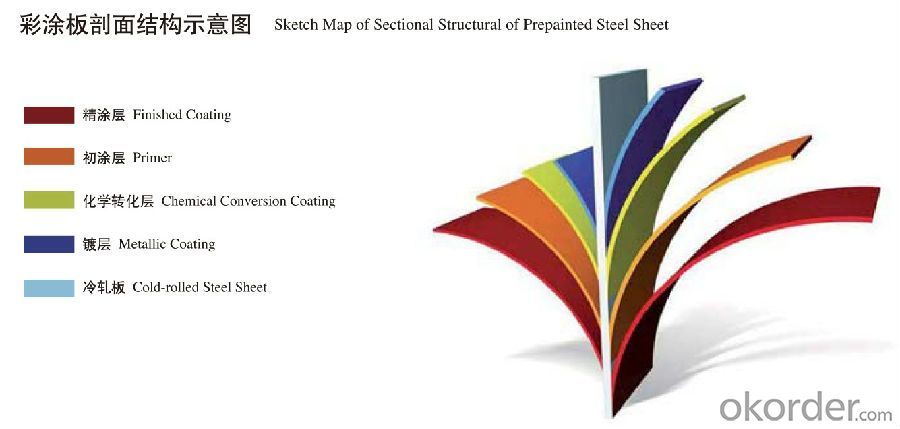
3.Product Details
Base Material | Al-Zn Galvanized Steel Coil.SGLCC |
Top Side | 15-25 microns |
Back Side | 5-8 microns |
Width | 700-1250mm |
Thickness | 0.3-1.0mm ,thickness tolerance: +/- 0.02mm |
Al-Zn Coating | 30-150g/sq.m |
Spangle | Regular/Zero/Big |
Color | All RAL Color,or be customized |
Coil ID | 508mm&610mm |
4. Image:
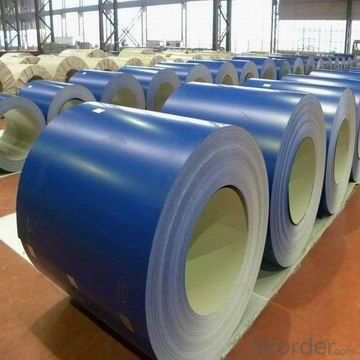
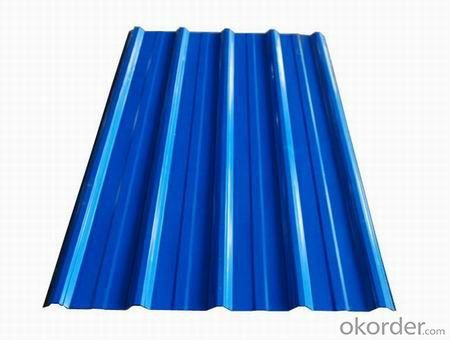
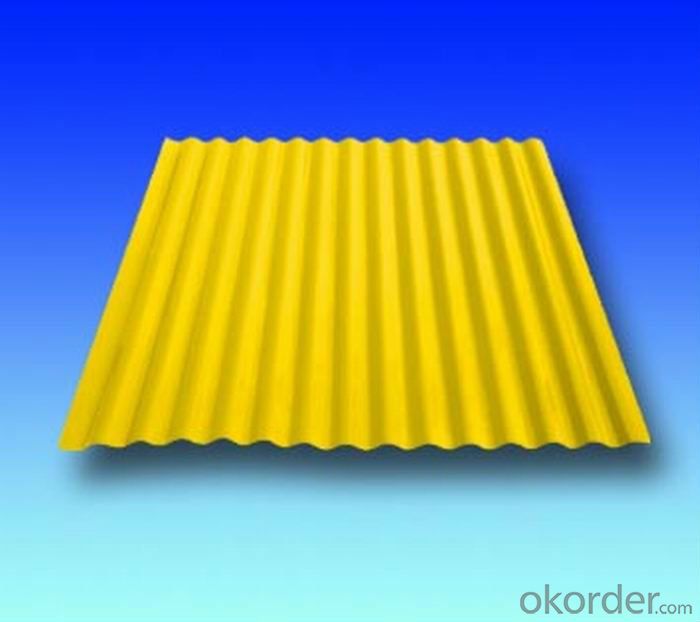
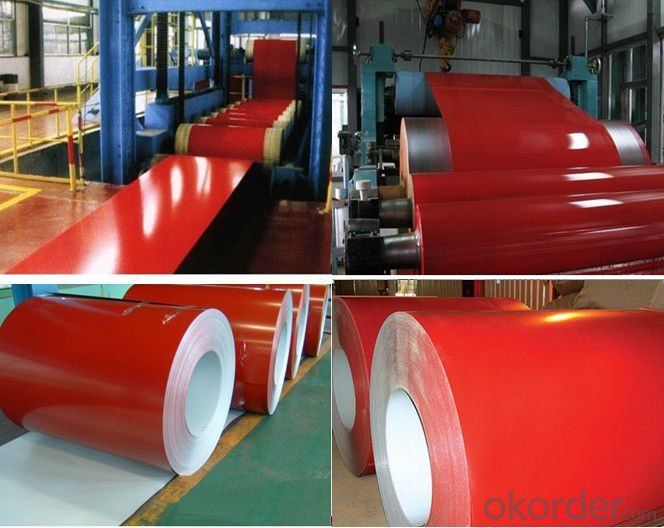
Production Line
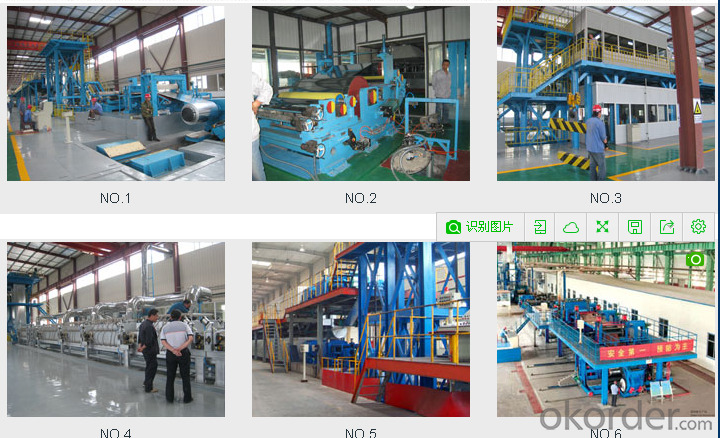
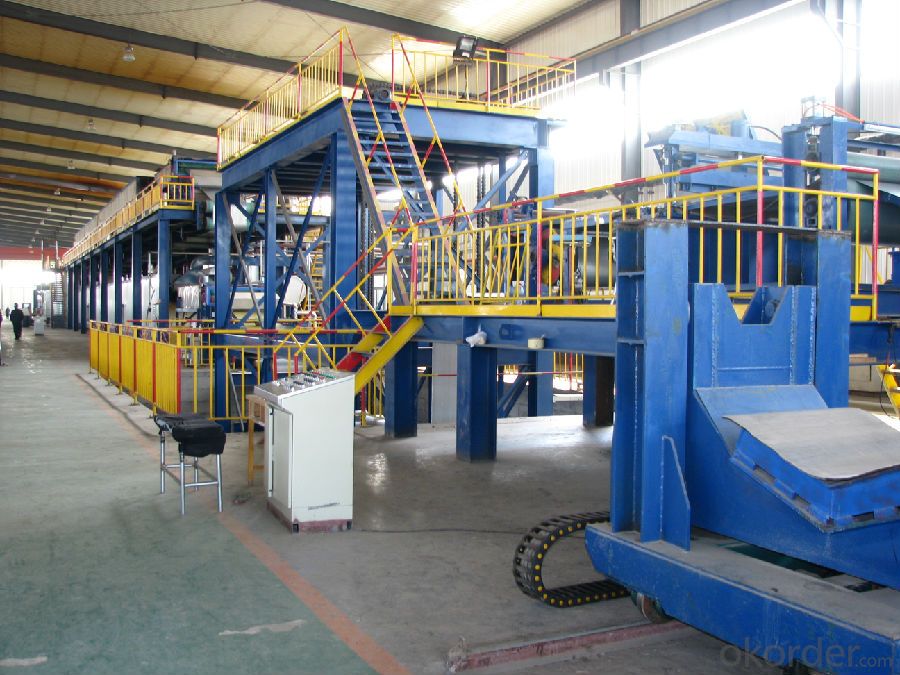
5.FAQ
We have organized several common questions for our clients,may help you sincerely:
①How about your Warranty?
Warranty: 1-Year for the whole light. Warranty is based on correct storage, installation, using and maintenanc
②How to guarantee the quality of the products?
We have established the international advanced quality management system,every link from raw material to final product we have strict quality test;We resolutely put an end to unqualified products flowing into the market. At the same time, we will provide necessary follow-up service assurance.
- Q:How are steel coils used in the manufacturing of electrical enclosures?
- Steel coils are used in the manufacturing of electrical enclosures as they provide a durable and strong material that can be formed into various shapes and sizes. These coils are typically cut and shaped to create the main structure of the enclosure, providing a protective housing for electrical components. The steel coils are often coated or painted to enhance their resistance to corrosion and increase their longevity.
- Q:steel structure
- Disadvantages Of Steel
- Q:But we've had a problem with bears being attracted to the water in the Intex Inflatable pools, the bear would come at night every so often and push on the sides letting out the water.Would a bear be able to bend a steel frame before I go and spend money?
- depends how thick the steel is. Looking at it, I would say yes. Not the frame pieces, but just the walls of the pool.
- Q:How do steel coils contribute to the manufacturing of household appliances?
- Steel coils are an integral component in the manufacturing of household appliances. These coils, made from high-quality steel, play a crucial role in providing the necessary strength and durability required for the production of various appliances. One of the primary uses of steel coils in household appliances is in the construction of the appliance's body or frame. The coils are shaped and formed into the desired structure, providing a sturdy foundation for the appliance. This ensures that the appliance can withstand the rigors of everyday use and remain intact for an extended period. Moreover, steel coils are also used in the manufacturing of various components within household appliances. For example, in refrigerators and air conditioners, steel coils are utilized in the condenser and evaporator coils, which are responsible for the heat exchange process. These coils allow for efficient cooling or heating, ensuring optimal performance of the appliance. Furthermore, steel coils are also employed in the production of appliance interiors, such as oven racks, dishwasher baskets, and laundry machine drums. The strength and resistance provided by the steel coils help these components withstand heavy loads and repeated use, enhancing the overall longevity and reliability of the appliance. Additionally, steel coils contribute to the aesthetic appeal of household appliances. They can be shaped, molded, and coated to achieve various finishes, colors, and textures, enhancing the visual appeal of the appliance and making it more attractive to consumers. In summary, steel coils are crucial to the manufacturing of household appliances as they provide strength, durability, and resilience to the appliance's structure, components, and interiors. They play a vital role in ensuring the performance, reliability, and longevity of these appliances, making them an indispensable part of the manufacturing process.
- Q:How are steel coils used in the production of agricultural systems?
- Due to their durability and strength, steel coils are frequently employed in the production of agricultural systems. Specifically, these coils are commonly utilized in the creation of machinery and equipment essential for agricultural operations. One prevalent use of steel coils lies in the manufacture of farming machinery such as tractors, plows, and cultivators. These machines necessitate robust components capable of enduring the challenging conditions present in the agricultural environment. Steel coils are employed to fabricate the frames, chassis, and other structural parts of these machines, providing the necessary strength and support. Additionally, steel coils are employed in the creation of irrigation systems, which play a crucial role in efficient water management within agriculture. These coils are employed in the construction of pipes, valves, and fittings, ensuring the durability and long-lasting nature of the irrigation system. Furthermore, steel coils are employed to fabricate storage tanks and silos, which serve as vital tools for storing and preserving agricultural products like grains, seeds, and fertilizers. Moreover, steel coils find application in the construction of greenhouses and agricultural buildings. These coils are used to fabricate the structural framework, providing stability and resistance against environmental factors. Steel coils are also employed in the production of fencing and enclosures to safeguard crops and livestock from external threats. In conclusion, steel coils play a significant role in the production of agricultural systems by delivering the necessary strength, durability, and stability required for farming machinery, irrigation systems, storage facilities, and agricultural structures. Their utilization ensures that these systems can withstand the demanding conditions of the agricultural industry and contribute to efficient and sustainable farming practices.
- Q:What are the typical coil thickness options?
- The typical coil thickness options vary depending on the specific application and industry. However, common coil thickness options range from 0.005 inches (0.13 mm) to 0.250 inches (6.35 mm).
- Q:How are steel coils used in the manufacturing of marine equipment?
- Steel coils are used in the manufacturing of marine equipment as they serve as a primary material for constructing various components such as hulls, decks, and superstructures. The coils are shaped, cut, and formed into the desired shapes and sizes to create strong and durable structures that can withstand the harsh conditions of the marine environment. Additionally, steel coils are also used in the fabrication of marine machinery and equipment, including engines, propellers, and winches, due to their high strength and corrosion resistance properties.
- Q:How are steel coils used in the oil and gas industry?
- Steel coils are commonly used in the oil and gas industry for various purposes such as manufacturing pipelines, storage tanks, and offshore platforms. These coils are formed into cylindrical shapes and serve as the main structural component for these applications, providing strength, durability, and resistance to extreme conditions. Additionally, steel coils are used in the production of equipment like heat exchangers, compressors, and drilling machinery, which are essential for the extraction, processing, and transportation of oil and gas.
- Q:How are steel coils used in the manufacturing of body panels?
- Steel coils are used in the manufacturing of body panels by being fed into a stamping press. The press uses a die to shape and form the steel into the desired body panel shape.
- Q:What are the different coil winding methods used for steel coils?
- The different coil winding methods used for steel coils include cross-winding, helical winding, and layer winding. Cross-winding involves winding the steel coil in a crisscross pattern to ensure even distribution of the material. Helical winding involves winding the steel coil in a spiral pattern, which provides strength and stability to the coil. Layer winding involves winding the steel coil in layers, with each layer placed on top of the previous one, ensuring efficient use of space and easy unwinding of the coil.
1. Manufacturer Overview |
|
|---|---|
| Location | |
| Year Established | |
| Annual Output Value | |
| Main Markets | |
| Company Certifications | |
2. Manufacturer Certificates |
|
|---|---|
| a) Certification Name | |
| Range | |
| Reference | |
| Validity Period | |
3. Manufacturer Capability |
|
|---|---|
| a)Trade Capacity | |
| Nearest Port | |
| Export Percentage | |
| No.of Employees in Trade Department | |
| Language Spoken: | |
| b)Factory Information | |
| Factory Size: | |
| No. of Production Lines | |
| Contract Manufacturing | |
| Product Price Range | |
Send your message to us
PPGI Galvanized Steel Coil Galvalume Coil Corrugated Roofing Sheet
- Loading Port:
- Tianjin
- Payment Terms:
- TT or LC
- Min Order Qty:
- 25 m.t.
- Supply Capability:
- 50000 m.t./month
OKorder Service Pledge
OKorder Financial Service
Similar products
New products
Hot products
Hot Searches
Related keywords
